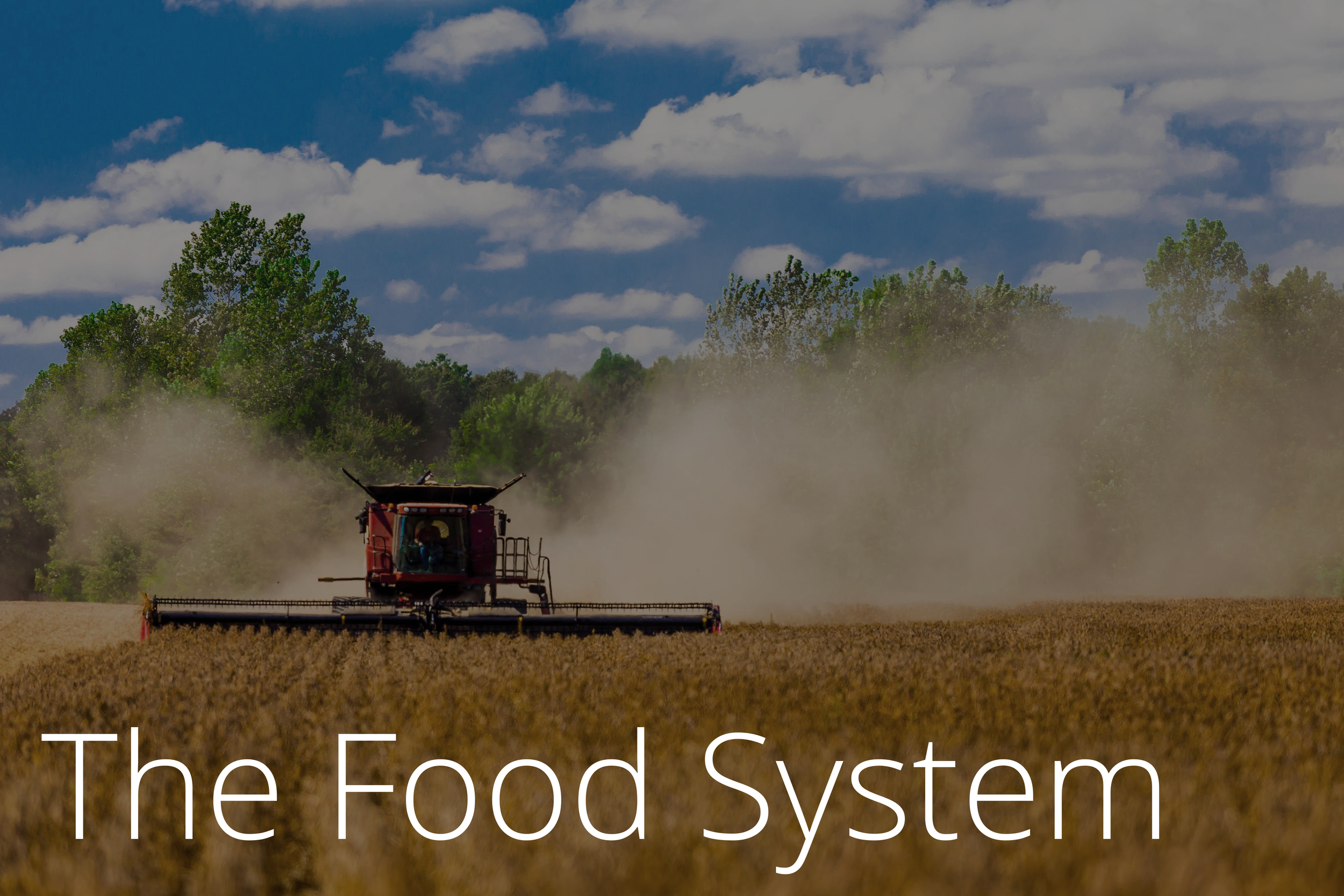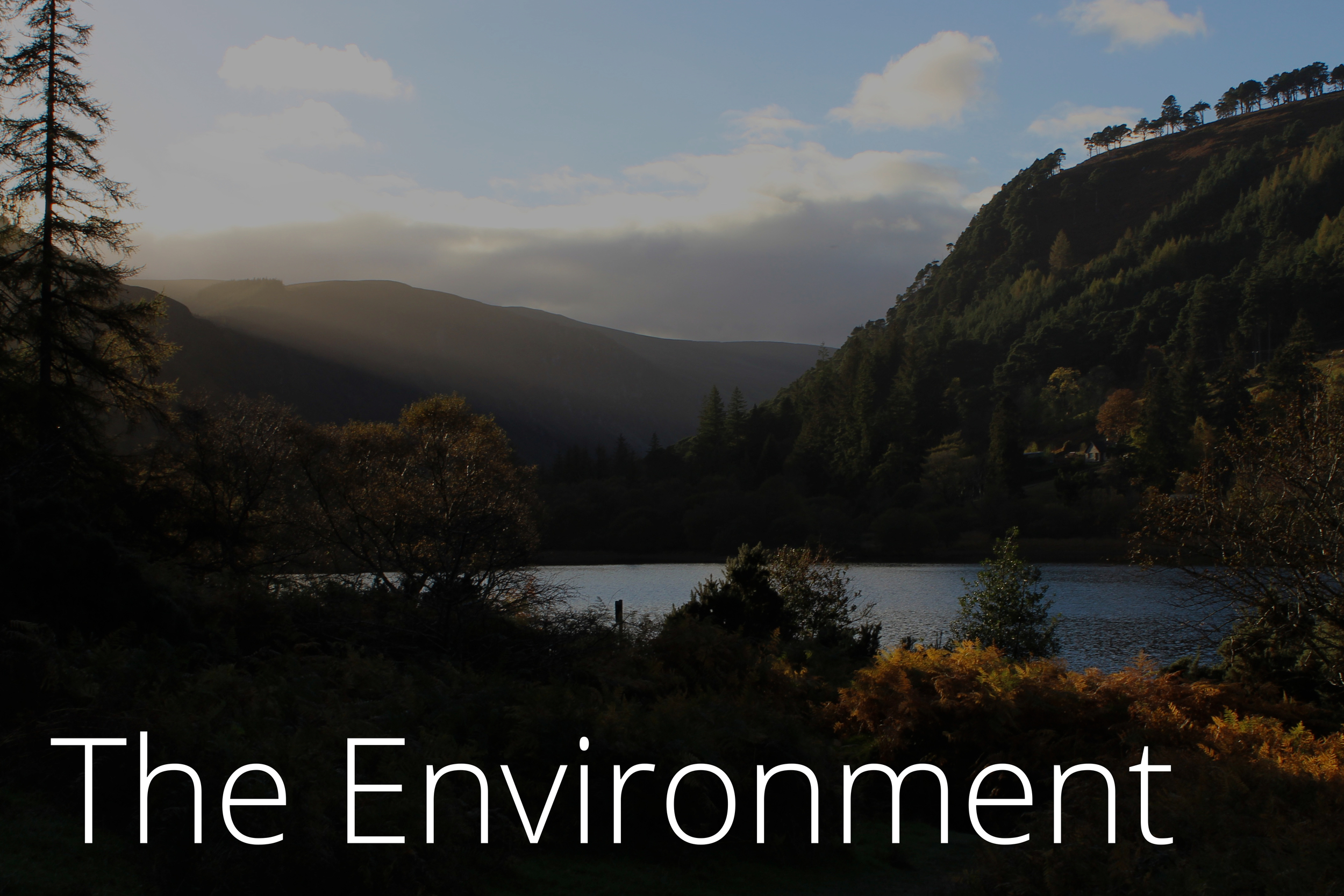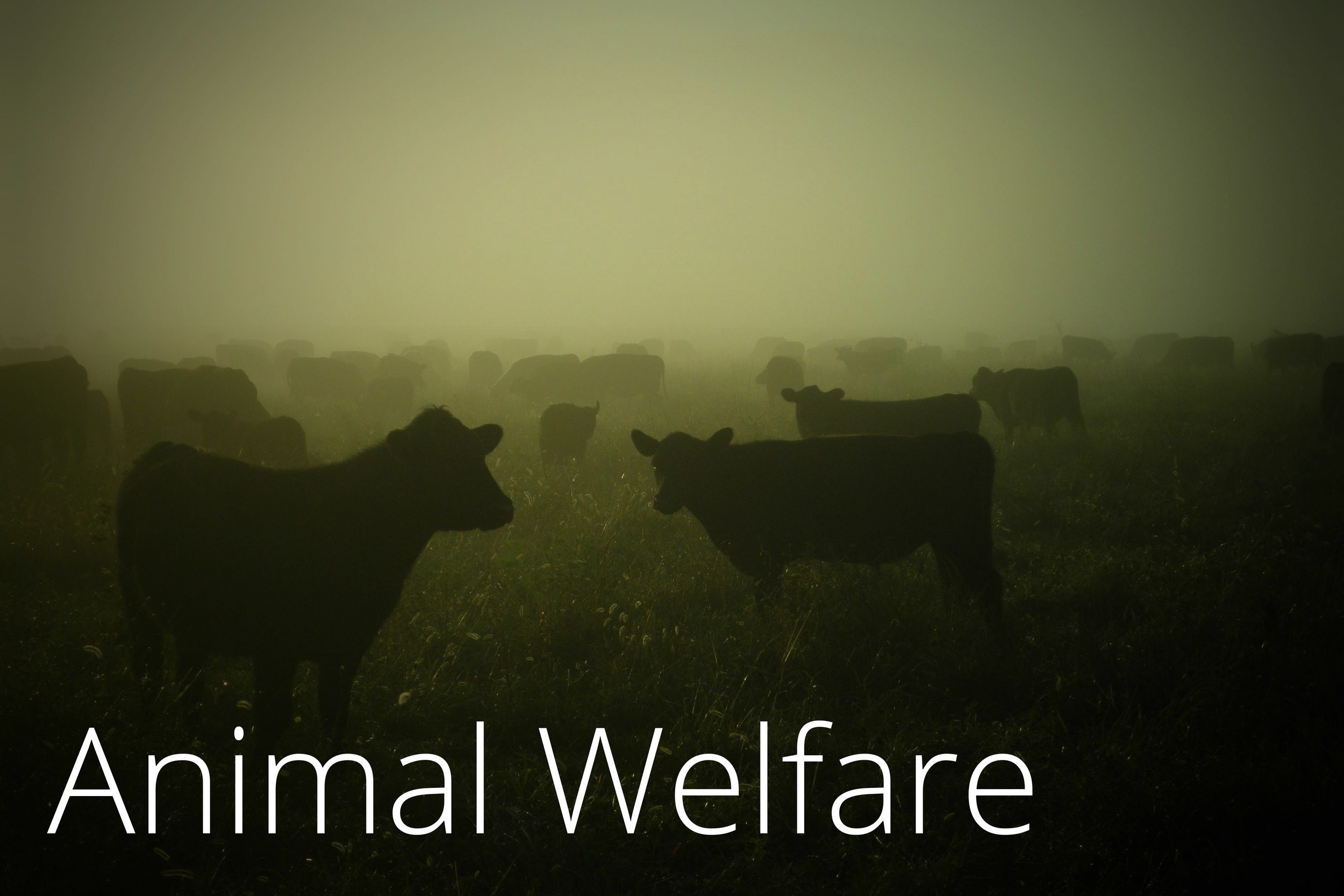Why Eat Less Meat is a site dedicated to changing the conversation on eating meat from a divisive, emotionally-charged debate to a constructive evidence-based discussion. The following pages list the major reasons to eat less meat - each supported by extensive citations. Click on the pictures above to read through each page.
Introduction
“Eating meat is wrong.” The conversation on animal products is dominated by this kind of all-or-nothing statement. As soon as someone uses the words “meat” or “vegetarian," each side is put on edge, ready to defend our positions from personal attacks. We see two possible positions: either accuse “meat-eaters” of wrongdoing, or accuse “vegetarians” of self-righteous emotionalism. This website is intended to help move this discussion beyond name-calling, to a place where we can honestly discuss the negative impacts of supporting the meat industry based on evidence, rather than gut feelings, defensive stances, and cultural expectations.
Consider my friend Eric. Eric considers himself a “weekday vegetarian." To vegetarians, this means he's a quitter and a wannabe. To "meat-eaters," he's a fraud. To some, he has gone too far, to others, he hasn't gone far enough. In such a polarized climate, an honest attempt to reduce the negative impacts of one’s own consumption receives little praise. But if we're really concerned with what's best for the world, we should reject the idea that eating meat is all-or-nothing. Just like we can donate to charity without giving up our entire savings, we can also recognize that eating animal products has negative consequences, and therefore choose to eat less, without committing to being vegan.
"Consequences," here, is the crucial word. Every choice that we make has consequences for the rest of the world. This is particularly the case in today’s interconnected economy. When you decide to eat a hot dog in Chicago, you may not mean to affect John Smith of small-town Missouri, but the basic laws of economics leave you no other choice. This is not a reason to feel guilt with every choice that we make as consumers, but it is a compelling argument to be aware of how our choices affect others. While we can never be “perfect,” as if such a thing exists, it's within our power to understand the consequences of our actions and alter our behavior accordingly.
But this argument can be made of all consumption choices. Why focus on animal products in particular? While it would certainly be good to reduce some other types of consumption, animal products are unique in a few ways: the role that they fill (as food) is easily replaced – for most who live in wealthier countries, there is no shortage of equally nutritious alternatives; they are well-positioned to have a major impact, as choices about food are made by just about everyone, every day, multiple times per day; and, most importantly, the industry surrounding meat and other animal products is exceptional in its extreme, harmful consequences. While we would do well to reduce our consumption in many areas, eating fewer animal products is at least worthy of significantly more, and more nuanced, deliberation.
Eating less meat is not going to solve all of the world’s problems. But it can have a positive impact, the extent of which comes down to costs and benefits. In the following pages, you'll see some of the costs of eating animal products – its contribution to an inefficient food system, to the pollution of American water supplies, and to the prevalence of antibiotic-resistant diseases, to name a few. This is not to ignore its benefits. Frankly, most of us enjoy the taste, we enjoy the ease of not worrying about what we “can” and “can’t” eat, and we enjoy the social and cultural aspects of certain foods or meals. The important question, then, is not whether we enjoy meat, but how much we value the benefits versus the costs. Everyone’s answer will be different. Some may decide to give up animal products every day of the year except Thanksgiving. Others might restrict their meat eating to weekends, commit to smaller portions of meat or dairy in a given meal, or simply choose bean over chicken burritos, or take their pasta without meatballs, once a week. Some might call themselves vegans, some vegetarians, others reducetarians.
Whatever you ultimately choose, the goal of this website is to ensure that that choice has been made with full knowledge of the potential effects.




